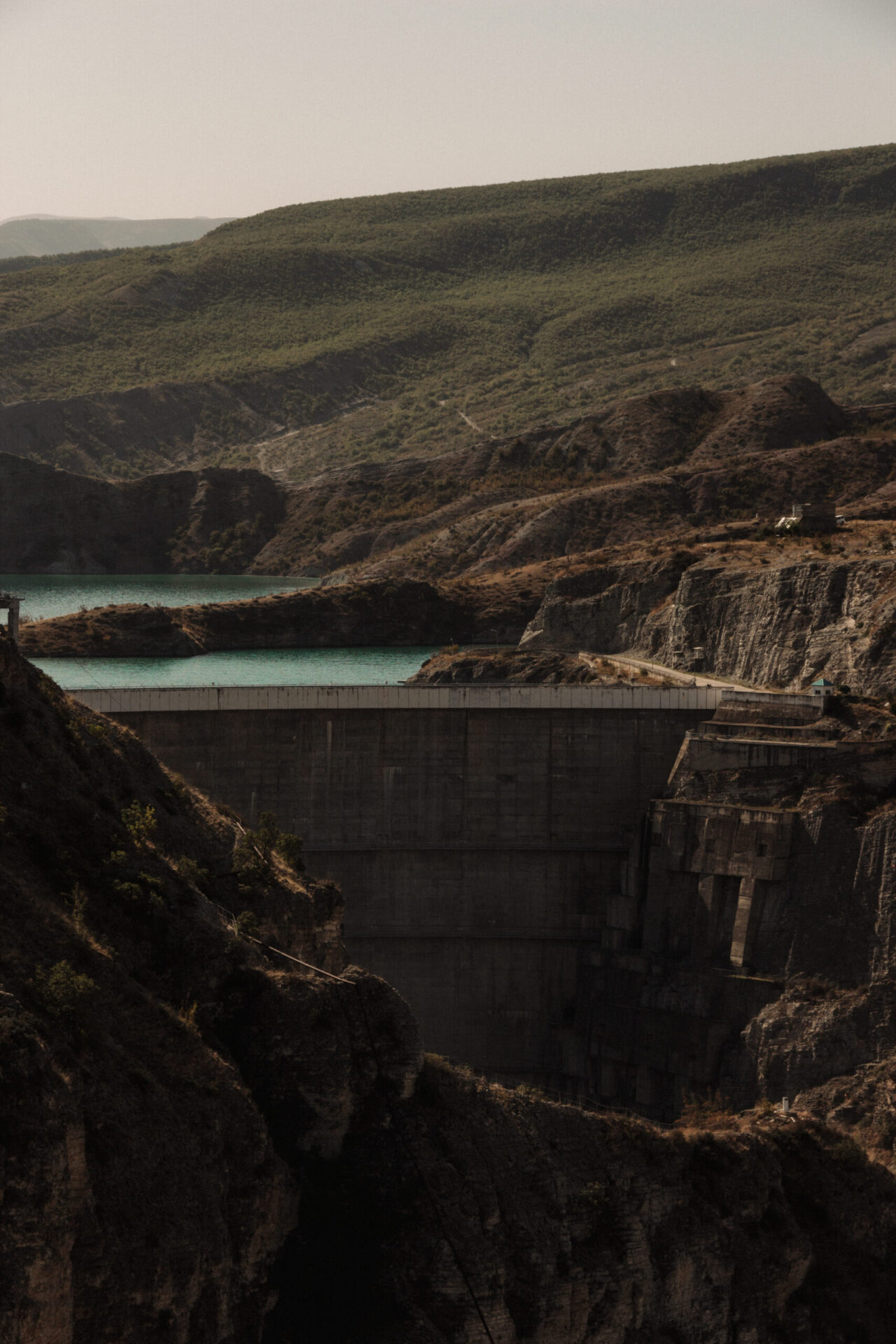Step into the refreshing oasis of your above ground pool and dive into crystal-clear waters. But wait, before you take that plunge, let’s talk about maintaining water quality. You might be wondering how to keep your pool pristine and inviting all season long. Well, fret not! In this article, we’ll guide you through the essential steps to understand water chemistry, balance pH levels, maintain proper chlorine levels, ensure effective filtration and circulation systems, and keep those pesky algae at bay. Get ready to make a splash with confidence!
Key Takeaways
- Regularly test and balance pH levels between 7.2 and 7.8 to optimize swimming conditions and prevent corrosion.
- Maintain proper chlorine levels between 1-3 ppm to kill bacteria and prevent algae growth.
- Clean and maintain the filtration and circulation systems to ensure clean water and prevent algae growth.
- Regularly brush and vacuum the pool to prevent algae growth and remove potential breeding grounds.
Understanding Water Chemistry
Understanding water chemistry is essential for keeping your above ground pool clean and safe to swim in. Proper water treatment methods and the importance of regular maintenance cannot be overstated when it comes to maintaining the quality of your pool water.
Water treatment methods play a crucial role in ensuring that the water in your above ground pool remains clean and free from harmful contaminants. One of the most common methods is using chlorine, which helps kill bacteria, algae, and other microorganisms that can thrive in stagnant water. Chlorine can be added manually or through automatic chlorinators, providing a continuous supply of this essential chemical.
Regular maintenance is equally important to ensure that your pool remains a safe and enjoyable environment for swimming. This includes regularly checking and adjusting chemical levels such as chlorine, pH, alkalinity, and calcium hardness. By keeping these levels within their recommended ranges, you can prevent issues like cloudy or green water, skin irritation, or even damage to your pool equipment.
Testing and balancing pH levels are particularly crucial aspects of maintaining proper water chemistry in your above ground pool. The pH level refers to how acidic or alkaline the water is on a scale from 0 to 14. It is important to keep the pH level between 7.2 and 7.8 for optimal swimming conditions. If the pH level becomes too high or too low, it can lead to problems such as eye irritation, corrosion of metal surfaces in your pool, or reduced effectiveness of chlorine.
Testing and Balancing Ph Levels
Testing and balancing pH levels in your above ground pool can help maintain optimal water conditions. By regularly monitoring and adjusting the pH, you can ensure a clean, safe, and enjoyable swimming experience. Here are some key points to consider:
- Water testing: Regularly test the pH levels of your pool water using a reliable testing kit or strips. This will give you an accurate reading of the acidity or alkalinity of the water.
- Alkalinity control: Maintaining proper alkalinity is crucial for balanced pH levels. Alkalinity acts as a buffer, preventing drastic changes in pH. Aim for a total alkalinity level between 80 and 120 parts per million (ppm).
- Balancing pH: The recommended pH range for pool water is between 7.2 and 7.8. If the pH level is too high (above 7.8), add an appropriate amount of acid to lower it down; if it’s too low (below 7.2), use a base such as soda ash to raise it up.
- Importance of balanced pH: When the pH level is within the correct range, it optimizes chlorine efficiency, prevents scaling or corrosion on pool surfaces and equipment, reduces eye and skin irritation, and keeps the water sparkling clear.
Maintaining proper balance in your pool’s pH levels sets the stage for effective chlorine maintenance, which we’ll discuss next.
Proper chlorine maintenance plays a vital role in keeping your above ground pool clean and free from harmful bacteria and contaminants. With balanced pH levels established, chlorine can work more efficiently to sanitize your pool water effectively. Let’s dive into the details of maintaining proper chlorine levels for your above ground pool.
Proper Chlorine Maintenance
Once you’ve achieved balanced pH levels, it’s essential to regularly add chlorine to effectively sanitize your above ground pool and keep it free from harmful bacteria. Maintaining proper chlorine levels is crucial for ensuring the safety and cleanliness of your pool water.
To start, it’s important to test the chlorine levels in your pool regularly. This can be done using a test kit or test strips specifically designed for measuring chlorine levels. The ideal range for chlorine in a swimming pool is between 1-3 parts per million (ppm). If the level falls below this range, bacteria and algae can begin to grow, leading to cloudy water and potential health risks.
When adding chlorine, there are various sanitizing techniques you can employ. One common method is using stabilized chlorine tablets or sticks placed in a floating dispenser or automatic chlorinator. These slow-release products dissolve gradually, providing a steady supply of chlorine over time.
Another option is liquid chlorine, which can be poured directly into the pool. This form of treatment allows for more precise control over the amount of sanitizer added. However, it requires regular monitoring to ensure consistent levels are maintained.
It’s also worth considering alternative sanitizing methods such as saltwater chlorination systems or UV systems, which use ultraviolet light to kill bacteria and other contaminants. These options may require upfront investment but can provide long-term benefits by reducing chemical usage and maintenance requirements.
Remember that maintaining proper chlorine levels is essential not only for keeping your above ground pool clean but also for protecting swimmers from harmful bacteria and pathogens. By regularly testing and utilizing appropriate sanitizing techniques, you’ll ensure a safe and enjoyable swimming experience for everyone involved.
Filtration and Circulation Systems
To ensure clean and clear water, make sure you regularly check and clean your pool’s filtration and circulation systems. These systems are vital in maintaining the overall water quality of your above ground pool. Here are some important points to consider when it comes to the maintenance of these systems:
- Regular Cleaning: It is crucial to clean the filter regularly to remove any debris or contaminants that may have accumulated. This can be done by backwashing or rinsing the filter according to the manufacturer’s instructions.
- Proper Pump Operation: The pump plays a key role in circulating the water through the filtration system. Make sure that it is running efficiently and effectively, as this will help in filtering out impurities and keeping the water clean.
- Inspect for Damage: Regularly inspect all components of your filtration and circulation systems for any signs of damage or wear. This includes checking for leaks, cracks, or loose connections. Addressing these issues promptly can prevent further damage and optimize system performance.
- Maintain Water Balance: Proper water chemistry is essential for effective filtration. Regularly test your pool water using a reliable testing kit and adjust chemical levels accordingly. This will help prevent scaling, corrosion, and other issues that can affect your filtration system’s performance.
Preventing and Treating Algae Growth
Regularly checking and cleaning your pool’s filtration and circulation systems will help prevent and treat algae growth, ensuring the water remains clean and clear. Algae can quickly take over your pool, not only making it look unattractive but also potentially posing health risks. To prevent bacteria growth and keep your pool algae-free, there are a few key steps you should follow.
Firstly, maintaining proper water chemistry is crucial. Keep the pH levels between 7.2 and 7.6, as this range is optimal for preventing algae growth. Additionally, ensure that the chlorine levels are maintained at an appropriate level of 1-3 parts per million (ppm). Chlorine acts as a powerful sanitizer that kills bacteria and prevents algae from flourishing.
In addition to regular maintenance of your filtration system, using algaecides effectively can significantly aid in preventing and treating algae growth. Algaecides are chemicals specifically designed to kill or inhibit the growth of algae in pools. When selecting an algaecide, make sure it is suitable for your specific type of pool (saltwater or freshwater) and follow the instructions provided by the manufacturer carefully.
To effectively use algaecides, start by shocking the pool to destroy any existing algae colonies. Then, add the recommended dosage of algaecide according to your pool’s size. It is important not to overdose on algaecides as this can lead to imbalanced water chemistry.
Regularly brushing walls and floors of your pool will also help prevent algae growth by removing any potential breeding grounds for spores or bacteria.
Frequently Asked Questions
How Often Should I Clean My Pool Filter?
To ensure optimal pool filter maintenance, it’s important to clean your filter regularly. The cleaning frequency depends on various factors such as the size of your pool, usage, and environmental conditions. Generally, it is recommended to clean your pool filter every 1-2 weeks during peak swimming season. However, you may need to clean it more often if you notice reduced water flow or increased debris accumulation. Regularly cleaning your pool filter helps maintain water quality and ensures efficient filtration for a crystal-clear swimming experience.
Can I Use Saltwater Instead of Chlorine to Maintain Water Quality?
Can you use saltwater instead of chlorine to maintain water quality in your above ground pool? The answer is yes, but it’s important to consider the pros and cons. Saltwater pools use a salt chlorine generator to convert salt into chlorine, which can save you money on chemicals. However, they require regular maintenance and monitoring to ensure proper balance. Chlorine pools are easier to maintain but may cause skin and eye irritation. Ultimately, the choice depends on your preferences and needs.
Is It Necessary to Shock My Above Ground Pool?
Is it necessary to shock your above ground pool? Yes, it is. Shocking your pool regularly ensures that the water remains clean and safe for swimming. The frequency of shocking depends on factors like pool usage, weather conditions, and the presence of algae or contaminants. By adding a shock treatment, you eliminate bacteria and organic waste that can cause cloudy water or unpleasant odors. Additionally, shocking helps maintain proper chlorine levels for effective sanitization and overall water quality in your pool.
How Do I Prevent and Remove Stains From My Pool’s Surface?
To prevent and remove stains from your pool’s surface, there are a few steps you can take. First, to prevent rust stains, make sure to maintain proper water chemistry and pH levels. Use a metal sequestrant to keep metals from staining your pool. To remove algae stains, brush the affected areas vigorously and use an algae-killing product. Regularly clean and vacuum your pool to prevent any buildup that could lead to staining.
What Should I Do if My Pool Water Becomes Cloudy?
If your pool water becomes cloudy, there are a few steps you can take to treat it. First, make sure to check and balance the pH levels of your pool water using a testing kit. If the pH is too high or too low, adjust it accordingly. If treating algae is necessary, use an algaecide product as directed. Additionally, proper filtration and regular cleaning of your pool will help keep the water clear and clean.
Conclusion
So, there you have it! You now know all the ins and outs of maintaining water quality in your above ground pool. It may seem like a daunting task, but with the right knowledge and tools, you can keep your pool sparkling clean. Remember to test and balance those pH levels, stay on top of chlorine maintenance, invest in a good filtration system, and handle algae growth promptly. Your pool will thank you with crystal-clear water that’s perfect for splashing around. Happy swimming!

